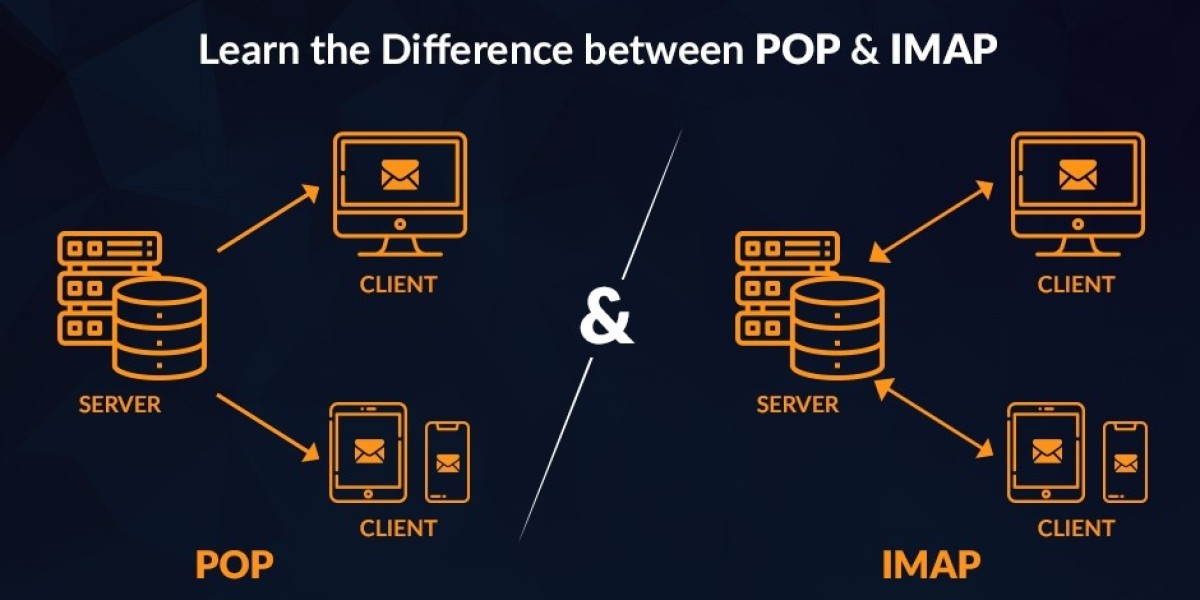This gives each customer access to a significantly larger share of CPU, RAM, and I/O resources, resulting in better semi-dedicated server linux speed, stability, and reliability—without the full cost or complexity of a true dedicated server.
When the hosting environment is described as **semi-dedicated Linux**, it means the server runs a Linux-based operating system such as Ubuntu, AlmaLinux, Debian, or CentOS. Linux is the standard choice for professional hosting due to its security, performance efficiency, stability, and broad compatibility with common web technologies like Apache, NGINX, MySQL/MariaDB, PHP, Python, Node.js, and more. Most control panels used in semi-dedicated hosting—such as cPanel, Plesk, or DirectAdmin—are built to work natively on Linux environments.
Unlike shared hosting, where dozens or even hundreds of sites compete for the same system resources, a semi-dedicated server typically houses only a handful of customers. This lower density means fewer slowdowns, more consistent performance, and reduced risk of a neighbor’s “spike” crashing or slowing down your site.
However, unlike a dedicated server or VPS, you usually do not receive full root access or system-level control; server software, security updates, and environment configuration are managed by the hosting provider, making it ideal for users who want power and predictability without managing infrastructure.
Semi-dedicated Linux hosting is particularly suitable for medium to large websites, busy CMS platforms (WordPress, Magento, Drupal), high-traffic blogs, ecommerce stores,



